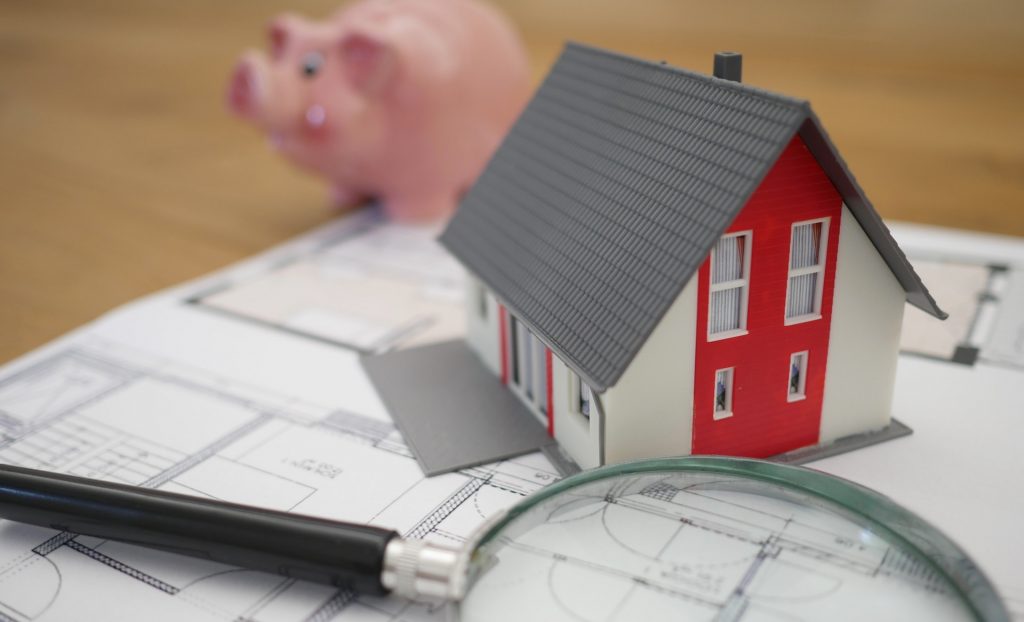Financing a Home Purchase

There are many options available to you when financing the purchase of a new home or an investment property. A qualified mortgage broker or financial institution can work with you to develop the solution that is right for you. Here is a list of some of the available options that you may have when it comes to financing a home or an investment property.
RRSP First-Time Home Buyers Plan
The Home Buyers’ Plan (HBP) is a program that allows you to withdraw up to $25,000 from your registered retirement savings plan (RRSP) to buy or build a qualifying home for yourself. Your RRSP contributions must remain in the RRSP for at least 90 days before you can withdraw them under the HBP, or they may not be deductible for any year.
Generally, you have to repay all withdrawals to your RRSPs within a period of no more than 15 years. You will have to repay an amount to your RRSPs each year until your HBP balance is zero. If you do not repay the amount due for a year, it will have to be included in your income for that year.
Buying a Home with Less Than 20% Down Payment
For home buyers that are paid hourly or earn a regular salary, a minimum of 5% is required as the down payment for a home. For self employed home buyers a minimum of 10% is required to purchase a home. More could be required if your credit is poor. Anyone choosing to put less than 20% of the value of the property as a down payment will be required to obtain CMHC (Canada Mortgage and Housing Corporation) or Genworth Financial mortgage default insurance. This protects the lender from losses in the event that you were to default on your mortgage.
Variable Rate Mortgage
Unlike a fixed rate term mortgage, a variable rate mortgage does not provide a rate guarantee for a specific period. With a variable rate mortgage the interest you pay fluctuates based on the Prime rate; however, a variable rate mortgage generally offers the lowest interest rate available. Depending on the direction of the Prime rate, a variable rate mortgage could help you save in interest costs over the life of your mortgage.
With most variable rate mortgage your payment amount stays fixed for the term. If the Prime rate goes down, more of your payment will go towards paying off your principal; if the Prime rate goes up, more of your payment will go towards interest costs.
Fixed Rate Mortgage
A fixed rate mortgage is a mortgage with a fixed interest rate for a specific term. This type of mortgage gives you the security of locking in your interest rate for the full term of your mortgage, so that you don’t have to think about interest rate fluctuations.
That means you’ll know exactly what to expect, including:
- The interest rate of your mortgage
- The amount of your regular mortgage payments
- The portion of your payment that goes toward principal and interest
- The amortization of your mortgage (how long it will take to pay it off)
Financing a Second Property or Renovations?
You can use the increased value in your home to get access to those funds. A Homeowner’s Line of Credit (HELOC) is a great idea for the purchase of an investment property or extensive renovation. The financial institution can give you access of up to 80% of the value of your home less what you owe on your mortgage. Having the flexibility of a HELOC also means that you have access to funds should any unexpected repairs occur.